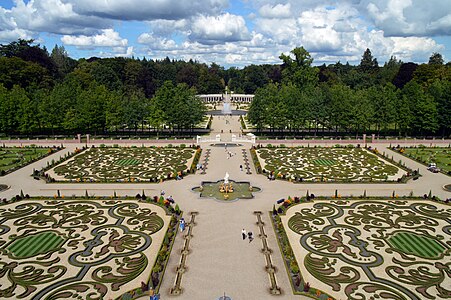Saturday, September 28, 12:00 noon – 8:00 pm – Oktoberfest 2024
There are countless Oktoberfest celebrations taking place this month and next (October being a flexible concept) throughout Massachusetts, and we have chosen to highlight one which is family friendly and closer to its Bavarian roots. Farmer Matt & Lost Towns Brewing host a local fest that captures the spirit of the original celebration of Bavarian culture and agriculture at your favorite Quabbin Hills farm, Farmer Matt’s. This fest is for the young and old, and everyone in between. Experience Oktoberfest trivia, a best dressed/bavarian costume contest, and a stein holding competition (a classic Bavarian strength challenge).
Amazing music throughout the day featuring: Lustige Steifenhornchens Deutsche Band and the Happy Chipmunks, a four instrument professional Bavarian Band with trumpet, accordion, drums & tuba. Also hear Woodshed, a local country folk band with 3 part harmony playing original music.
Farmer Matt is cooking up a special Bavarian menu, in addition to your farm fresh favorites. Lost Towns Brewing will be serving their celebrated Märzen, Lost-toberfest and many more of your favorite locally brewed beers. It’s time to lace up your lederhosen, don your dirndl, and join us for Bavarian food, culture and beer. Prost! Free to attend. Saturday, September 28th 12-8pm. Address is 860 West Brookfield Road in New Braintree, Massachusetts. The foliage on the drive out will be stunning. For more information visit https://ltbrew.com/oktoberfest-2024-presented-by-farmer-matt-lost-towns-brewing


